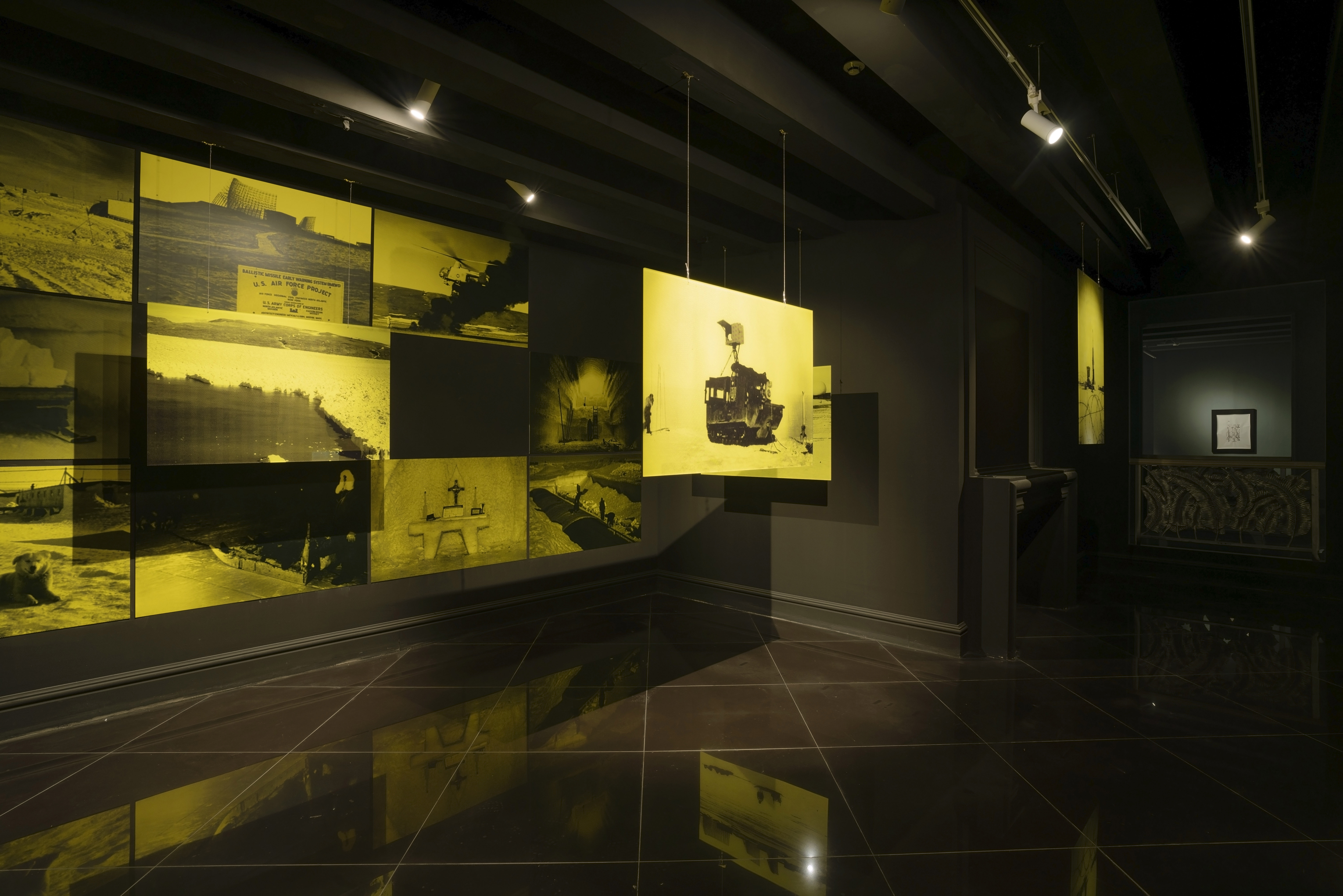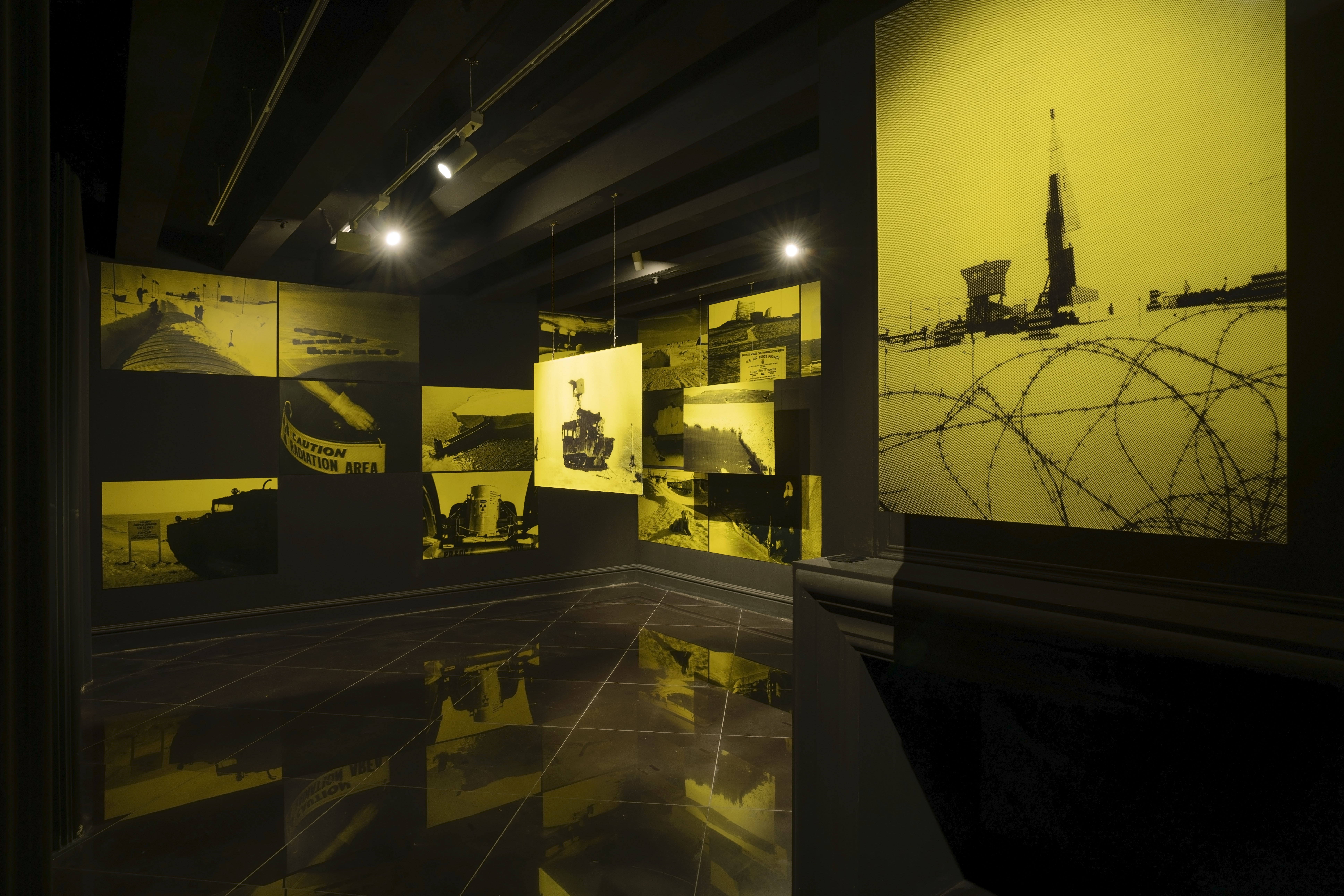Project Iceworm
冰虫计划
冰虫计划


Anastasia Mityukova,Project Iceworm,2018 (ongoing series),installation,dimension variable,image courtesy of the artist
阿纳斯塔西亚·米图科娃,冰虫计划,2018年至今,装置,尺寸可变, 图片版权归属艺术家
Anastasia Mityukova’s Project Iceworm offers a rich analogy of time and distance. Her project examines the hurried construction and abandonment of a cold-war nuclear military installation under the ice sheets of Greenland, as the United States anticipated battle with the Soviet Union and prepared to receive and retaliate with nuclear attacks. The site was closed, with chemical, biological, and nuclear waste left behind. The remote location seemed to promise, to the hurried thought of military planners, the protection of continual concealment under fresh layers of snow and ice. Recent reports of Global Heating suggest that the Ice Sheet in Greenland is in fact melting fast: the site of Project Iceworm could be revealed within decades. (...)
(...) In spite of our complacency, Mityukova’s collection of materials revel in distant research, and we might take note of its method. Made at a remove that is forced but also willed, Mityukova was limited by the classified conditions of the site, it’s sparse documentation, and geographical remove. But nevertheless, distance is embraced. It is even sought: Mityukova welcomes it, because it enables an account, not of the ‘I was there’ or the ‘that has been’, but a record that arrives from an assembly of voices, of witnesses and participants, with of varying positions, occupying differing moments in time. Resisting a singular narrator, Project Iceworm is complex and fragmentary. Its significance might lay beyond what it tells us about Greenland, in its instruction as to how to think beyond the self.
In the 24/7 world, we must feel, and bear witness, and demonstrate, urgently. We have given up the time to resist and to think and to pause. Project Iceworm shows this to be a catastrophic error. It is something that we risk repeating. We cannot, and need not be guided to a decision, an event, or be prompted to feel. We need to become informed. And we need more time. We need the space to see clearly, beyond the urgency of daily alarm, and beyond the limits of our own experience, the urgency of our moment. We need to be able to think, and see, so as to act at a distance. Because of this, we need a photography that can see the consequence that is yet to come.
《冰虫计划》提供了一个关于时间和距离的丰富类比。艺术家研究了格陵兰岛冰原下一个废弃的核设施。最近关于全球变暖的报告表明,格陵兰岛的冰层实际上正在快速融化:"冰虫计划 "的地点可能会在几十年内被发现。"冰虫计划 "是复杂和零散的。它的意义在于指导我们如何超越自我去对气候和环境进行思考。

